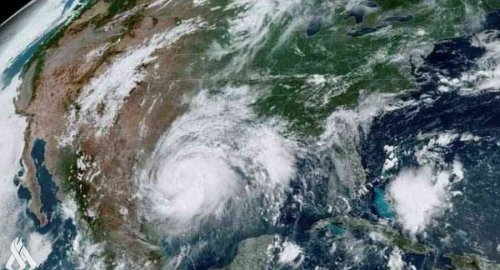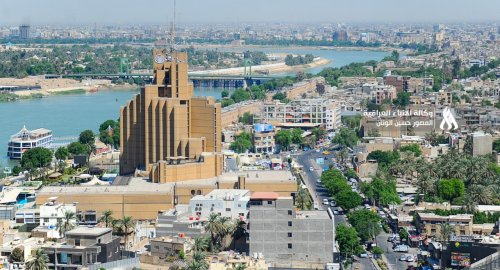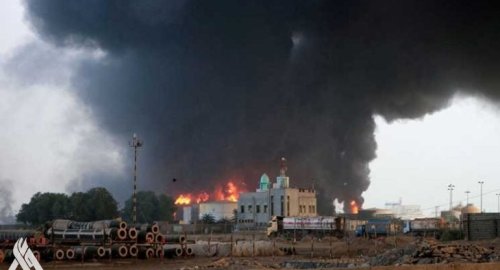
WTI depreciates to near $81.50, Saudi expects to rebound Oil exports to China

- 9-07-2024, 09:13
INA- sources
West Texas Intermediate (WTI) Oil price extends its losses for the third session, trading around $81.50 per barrel during the Asian hours on Tuesday. Crude Oil prices faced pressure after Hurricane Beryl, which struck a key US Oil-producing hub in Texas, caused less damage than anticipated by markets. Despite slowdowns in refining activity and evacuations at production sites, major refineries along the US Gulf Coast reported minimal impact from the hurricane.
This decline would be partly influenced by recent developments involving Saudi Arabia. According to Reuters, Saudi crude Oil exports to China are expected to rebound in August, with shipments reaching at least 44 million barrels, which will bolster demand.
Exports to China from Saudi Arabia are set to increase in August for the first time in four months, rising from approximately 36.00 million barrels in July. This rebound is expected to assist the largest Oil exporter in reclaiming its share in the largest import market. Saudi exports to China had plummeted to 1.12 million barrels per day (bpd) in June, the lowest since March 2020, as Reuters reported data from analytics firm Kpler.
Looking ahead, crude Oil prices might encounter further challenges as market participants await progress in ceasefire negotiations in the Middle East. A potential ceasefire agreement in Gaza could alleviate concerns about global crude supply disruptions. However, according to the White House, significant differences remain between the parties involved, with Hamas expressing concerns over new Israeli actions in Gaza that could jeopardize the potential for an agreement.
source: FXSTREET
10,000 artifacts returned during the current government’s term
- Investigations and reports
- 09:55
Putin: Russia seeks to end conflict in Ukraine
- International
- 09:32
3 martyrs and 11 wounded as a result of the Zionist aggression on Yemen
- International
- 07:46
US Central Command: We killed ISIS terrorist leader Abu Yusuf in Syria
- International
- 24/12/20
7 ISIS elements arrested in Kirkuk
- Security
- 24/12/20












